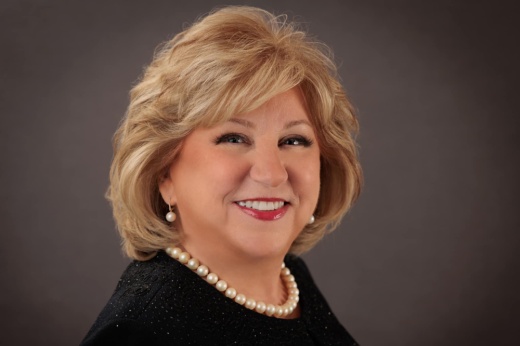Nelson succeeds John Scott, a lawyer who served as the state’s top election official for just over a year. Scott resigned Dec. 31 to return to his private legal practice.
As Texas’ 115th secretary of state, Nelson supervises elections, maintains voter records and enforces campaign finance laws. On March 10, Nelson’s office announced it would develop an interstate voter registration cross-check program. Under state law, Texas must work with other state governments to identify voters whose addresses have changed and ensure people are not registered to vote in more than one state.
Nelson will handle Texas’ international affairs and serve as a liaison between Texas and Mexico. Her office also manages Texas’ business filings, financial records and more.
Nelson thanked her former Senate colleagues and Gov. Greg Abbott for their support in a March 15 statement.
“I will work to safeguard honest and accurate elections in all 254 counties across our great state, while continuing to support business owners by ensuring that government moves at the speed of Texas business, not the other way around,” Nelson said. “I also look forward to strengthening relationships with all of our international partners and telling the great story of Texas' economic prosperity to the world.”
For 30 years, Nelson represented Flower Mound as a state senator. As the longest-serving and highest-ranking Republican in the Texas Senate, she also led the Senate Finance Committee, which writes the state budget.
In 2021, Nelson shared that she would not seek re-election to the Senate. She was replaced by Sen. Tan Parker.
Abbott announced Nelson’s nomination in December, and she took office the following month.
This is Abbott’s fourth appointee to the position since 2018. Under Texas law, a secretary of state who is appointed outside of a regular legislative session must be confirmed by the Senate during the next session. The Texas Legislature meets during odd-numbered years from January through May.
Since Scott resigned before the current legislative session, he did not undergo the confirmation process. But neither of Abbott’s previous two picks for the role—David Whitley and Ruth Hughs—received votes from two-thirds of the Texas Senate, which is required for confirmation.
Nelson’s time as a senator gave her an advantage in the confirmation process, despite the fact that she did not have direct experience with election legislation. She previously led the Senate Health Committee and passed bills on topics such as foster care, mental health, property taxes, and protections for victims of domestic violence and sexual assault.





